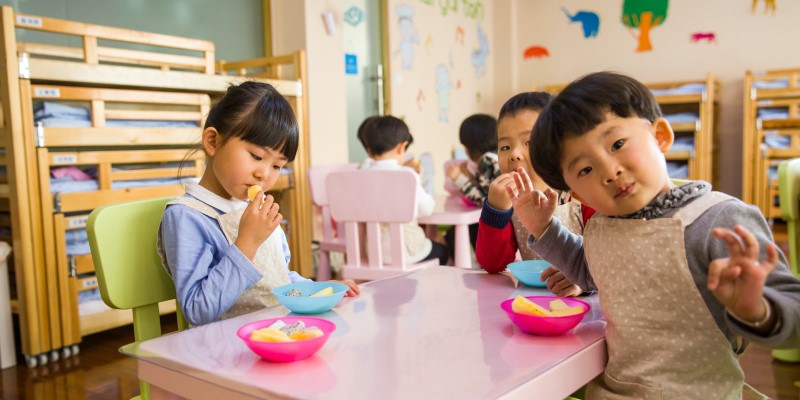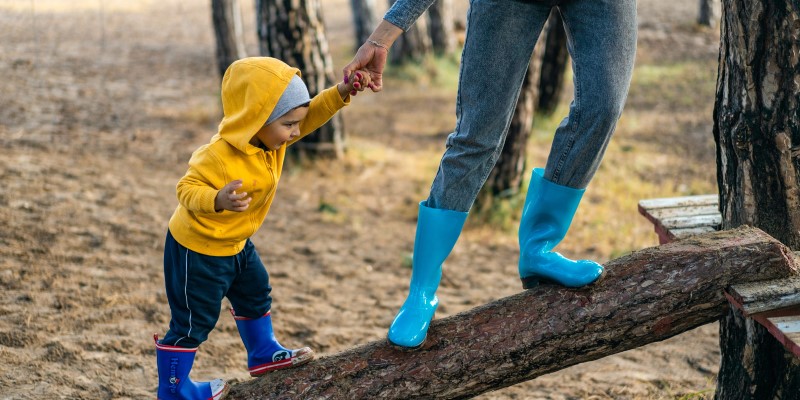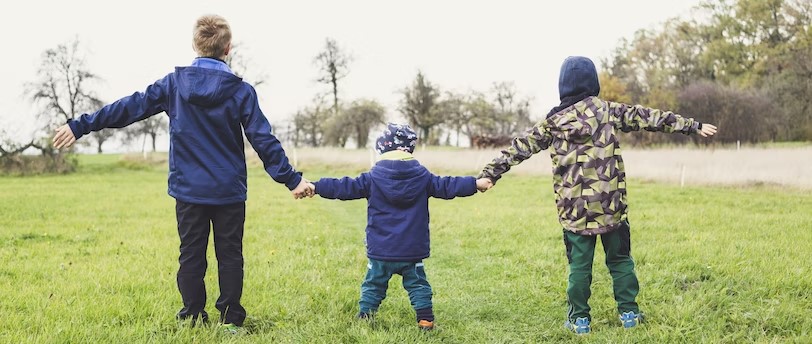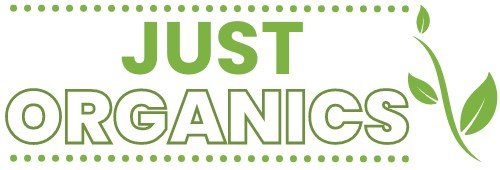As early childhood educators, we have a unique opportunity to shape the minds and values of young children. One crucial aspect is teaching them about sustainability and instilling a sense of environmental responsibility from an early age. In today’s world, where climate change and environmental degradation are pressing concerns, we must equip our youngest learners with the knowledge and skills to positively impact the planet.
This article will explore various sustainable practices in childcare centres to teach sustainability effectively. From using natural environments and materials to modelling energy and water conservation practices, there are countless ways in which we can engage children in discussions about sustainable practices. By taking these steps, we create a sustainable environment within our centres and set a powerful example for young children to follow.
Key Takeaways
- Engage children in discussions about sustainable practices
- Use natural environments and materials to promote sustainability
- Implement recycling programs and discuss environmental issues
- Role model energy and water conservation practices
Table of Contents

What Are Sustainable Practices?
You can implement sustainable practices in your childcare setting by minimizing waste, reducing energy and water consumption, and using fewer toxins, all of which promote environmental awareness and responsibility in children. By incorporating sustainability into your daily routines and activities, you can teach children about the importance of caring for the environment. For example, you can encourage recycling by providing clearly labelled bins for paper, plastic, and other recyclable materials. Engage children in discussions about why recycling is important and how it helps to protect our planet.
Another way to teach children about the environment is by conserving energy and water. Encourage children to turn off lights when they leave a room or to use natural light whenever possible. Teach them the importance of not wasting water by turning off taps when washing their hands or brushing their teeth. These small actions may seem insignificant, but they help children develop an understanding of sustainability from an early age. Lessons learned at this early age often stay with children throughout their lives.
When you implement these sustainable practices in your childcare setting, you are not only teaching children about environmental sustainability but also helping them develop a sense of responsibility towards the environment. The next section will explore what sustainability means for educators and how they can incorporate it into their teaching practices without overwhelming themselves or the children under their care.
What Is Sustainability For Educators?
Understanding sustainability in childcare is an essential aspect of our role as educators. We have the responsibility to introduce sustainability to children and help them develop environmental awareness and responsibility. By incorporating sustainable practices into our daily routines, we can create a nurturing environment that promotes sustainability and prepares children for a future where they understand the importance of taking care of our planet.
Understanding Sustainability In Childcare
Sustainability in childcare goes beyond simply teaching children about environmental practices; it is about fostering a sense of environmental awareness and responsibility from an early age. Early learning is a critical time for children to develop an understanding of sustainability and its importance in our world. By embedding sustainable practices into their daily routines, educators can create a rich environment that not only educates children about the environment but also encourages them to take action.
Incorporating sustainability practices in childcare can be done through various means. Educators can engage children in hands-on activities such as recycling programs or discussions about environmental issues. By encouraging children to notice lights left on or water being wasted, they can begin to understand the impact of their actions on the environment. Additionally, educators should develop policies and practices that promote environmental sustainability, such as using eco-friendly equipment and emphasizing energy and water conservation.
Introducing Sustainability To Children
Introducing sustainability to young children can be an exciting and engaging adventure that sparks their curiosity about the world around them. In early childhood education and care, it is essential to incorporate sustainable practices in childcare to teach sustainability effectively. By integrating sustainability education into daily activities, we can instil in children a sense of responsibility towards the environment from a young age.
One way to introduce sustainability to children is through hands-on experiences with nature. Taking them on nature walks, exploring outdoor spaces, or even growing plants in a garden can help them develop a connection with the natural world. By observing and interacting with their surroundings, they learn about the importance of protecting and preserving our planet. Additionally, using recycled materials for art projects or incorporating eco-friendly toys into playtime allows children to understand the concept of reusing resources and reducing waste.
By introducing sustainable practices at an early age, we lay the foundation for lifelong habits that benefit both individuals and the planet. Teaching children about sustainability empowers them to make environmentally conscious choices and helps create a more sustainable future for all.
What Is Sustainability for Children?
Sustainability is incredibly important for children to learn at an early age. By instilling a sense of environmental responsibility and awareness from a young age, we can help shape future generations committed to protecting our world. Teaching sustainability not only benefits the environment but also empowers children to make positive changes in their daily lives and communities. Let’s work together to foster a love for nature and sustainable practices in our little ones, so they can grow up to be environmentally conscious individuals.

Why is Sustainability Important to Learn at an Early Age?
Developing an understanding of sustainable practices from a young age allows children to cultivate a deep sense of environmental responsibility and awareness. By teaching children sustainability, we empower them to make informed choices that will positively impact the world around them. Through early childhood learning, children can develop a strong foundation in environmental education, which is crucial for building a sustainable future.
Integrating sustainability in childcare teaches children about their role in protecting the environment and promotes critical thinking and problem-solving skills. It encourages them to question how their actions affect the world and empowers them with the knowledge to make conscious decisions. Teaching sustainability at an early age helps children develop empathy towards nature and understand the interconnectedness of all living things.
In the next section, we will explore practical ways to introduce sustainability to children, ensuring they have hands-on experiences and opportunities to engage with sustainable practices actively.
How to Introduce Sustainability to Children
In this discussion on sustainability activities for childcare, we will explore strategies for introducing sustainability to children. Engaging children in hands-on activities and discussions about environmental responsibility can foster a sense of awareness and stewardship towards the planet. Through age-appropriate activities such as recycling projects, nature walks, and gardening experiences, we can empower young minds to positively impact the world around them.
Sustainability Activities for Childcare
Engaging children in discussions about sustainable practices can foster environmental awareness and responsibility in early childhood education. At our early childhood services, we strive to embed sustainable principles into our daily routines and activities. We understand that by involving children in conversations about sustainability, they can develop a deeper understanding of the importance of caring for the environment.
To support children’s learning, we incorporate sustainable practices into various activities throughout the day. For example, during group time, we discuss topics such as recycling, conserving water and energy, and reducing waste. We encourage children to share their ideas and experiences related to these topics, fostering a sense of ownership and empowerment. Additionally, we involve them in hands-on sustainability activities like gardening or creating compost bins. These experiences teach practical skills and help children connect with nature and understand the impact of their actions on the environment.
As educators committed to promoting sustainability, we believe extending these discussions beyond the classroom walls is essential. By involving families in our efforts, we create a united front in teaching children about environmental responsibility.
Sustainability Activities for Children at Home
Try incorporating sustainability activities into your child’s daily routine at home to cultivate their environmental awareness. It’s important to reinforce that the activities they do at childcare are also to be continued at home. Here are a few simple yet impactful ways to teach sustainability to children at home:
- Engage in recycling: Teach your child about the importance of recycling by setting up separate bins for different materials such as paper, plastic, and glass. Encourage them to sort their waste and explain how these items can be turned into new products through recycling processes.
- Start a small garden: Planting seeds and watching them grow can be an exciting and educational experience for children. Help them set up a small garden where they can grow their own fruits, vegetables, or herbs. This teaches them about the importance of plants in our ecosystem and promotes sustainable food practices.
- Explore nature: Encourage outdoor exploration and appreciation for nature, fostering a connection with the environment and its inhabitants. Ask them to find things in their backyard and talk about them with you.
- Start composting: Show kids how to create a compost bin for food scraps and biodegradable waste, helping to reduce household waste and create nutrient-rich soil. Share the benefits of how compost can be used in the garden.
- Sustainable crafting: Encourage creativity using recyclable materials, such as making art from cardboard or creating decorations from old magazines.
- Energy Saving: Involve children in turning off lights, fans, and electronics when not in use, and remind them to unplug chargers when devices are fully charged.
Incorporating these sustainable practices in childcare will help children develop a deeper understanding of environmental issues and instil lifelong habits that contribute towards a greener future. By teaching sustainability activities at home, we can empower children to become responsible stewards of the planet from an early age.
Frequently Asked Questions
Q: What is the importance of teaching sustainability in childcare?
A: Teaching sustainability in childcare is crucial because it helps children understand the importance of caring for our environment and ensures a sustainable future for our children.
Q: How can sustainable practices be embedded in everyday childcare?
A: Sustainable practices can be embedded in everyday childcare by implementing activities such as recycling, composting food scraps, and teaching children about the importance of conserving water through water play.
Q: How can childcare centres support children and families in practising sustainability?
A: Childcare centres can support children and families in practising sustainability by providing resources and information on how to implement sustainable practices at home and encouraging open discussions about caring for the environment.
Q: Is it never too early to start teaching children about sustainability?
A: It is never too early to start teaching children about sustainability. By introducing sustainable practices in early childhood, children can develop a deep understanding and appreciation for the environment.
Q: How can childcare centres ensure a sustainable future for our children?
A: Childcare centres can ensure a sustainable future for our children by creating a nurturing environment that promotes sustainability, incorporating sustainability education into their curriculum, and modelling sustainable practices within the centre.

Q: What role does the early years learning framework play in teaching sustainability?
A: The early years learning framework provides guidelines and principles that support the development of sustainable practices in childcare centres. It helps educators create meaningful experiences for children to explore and understand sustainability.
Q: How can childcare centres encourage children to use sustainable practices?
A: Childcare centres can encourage children to use sustainable practices by providing hands-on activities like gardening, showing them the benefits of using reusable materials, and giving them opportunities to participate in community sustainability projects.
Q: How can childcare centres ensure that children understand the importance of sustainability?
A: Childcare centres can ensure that children understand the importance of sustainability by incorporating sustainable practices into daily routines and reinforcing the concepts through discussions, storytelling, and age-appropriate activities.
Q: How does sustainability in childcare benefit children’s overall development?
A: Sustainability in childcare benefits children’s overall development by promoting critical thinking, problem-solving skills, empathy, and a sense of responsibility towards the environment and the community.
Q: What are some effective ways to teach sustainability in childcare?
A: Some effective ways to teach sustainability in childcare include engaging children in hands-on activities, taking them on nature walks, involving them in recycling projects, and integrating sustainability concepts into various learning areas.
Conclusion
Incorporating sustainable practices in early childhood education is not only beneficial for the environment but also for future generations. By teaching children about sustainability from a young age, we are instilling in them a sense of responsibility and care for the world they live in. From using natural environments and materials to modelling energy and water conservation practices, educators have the power to shape young minds towards a more sustainable future.
Educators need to remember that introducing sustainability to children should be done in an engaging and relatable way. We can foster a deep understanding of sustainability by creating hands-on activities and discussions that allow children to explore their environment, ask questions, and make connections between their actions and the impact on the planet.
It should be noted that promoting sustainability at home is just as important as it is in childcare centres. Parents should also be encouraged to implement sustainable practices with their children. This will reinforce what they learn at school and create a consistent message about the importance of caring for our planet.
About the Author

ALEX
Alex is an adventurous guy in his early 30s who embodies a touch of the hippie. Passionate about social and environmental causes, he’s managed to travel the world, from immersing himself in Japanese culture for a year to embarking on a six-month backpacking escapade through Peru. Alex loves to learn and has taken numerous courses in Environmental Science and Conservation.
Alex’s commitment to recycling fuels his mission to repurpose discarded items. As a result, he favours garage sale treasures over department stores. He prefers walking and biking to driving. Alex spreads awareness about organic living through Just Organics, joined by his like-minded friend Charlie.
